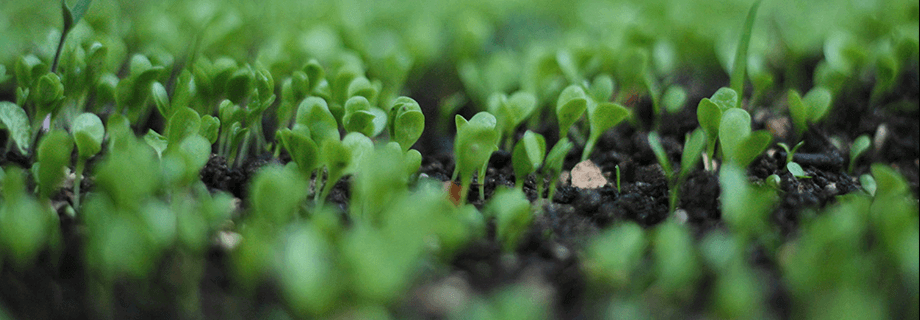Should Farmers Process Their own Grain & Oilseeds? How Processing Oilseeds by High Shear Dry Extrusion Adds Value

A recent article by The Wall Street Journal highlighted how farmers are investing in technology to boost efficiency, expand grain storage capacities, and track agricultural commodity markets. As a result, farmers have better leverage of selling large supplies of grain for the “best” price. They are strategically playing the agricultural commodities market to improve the return on investment. This year will lend farmers with a large supply of good to excellent soybean crops and good corn crops, which will help farmers store quality grain supply and sell when prices rise. Similarly, this has prompted agripreneurs – such as Insta-Pro® International’s customers – to buy grain and oilseeds, process it into feed ingredients, and sell it directly to feed mills or feedlots for a premium. This begs the question, why can’t farmers who store the grain, also be the processor and supplier of feed ingredients, either to their own farm or neighboring farms?
Insta-Pro® International marketed the first high-shear dry extruder back in 1969. At the time, a tractor connected via PTO – as shown here – to an Insta-Pro® extruder which processed whole soybeans into extruded full-fat soymeal. Extrusion, at the time, was a strategic way for farmers to on-farm process soybeans into soybean meal. This broke the cycle of farmers having to rely on prices set by feed mills to sell beans and buy back soybean meal – not to mention fluctuating grain and meal prices didn’t always result in a positive return on investment.
Insta-Pro® International has come a long way since then. Today, high-shear dry extrusion is used to process soy and grains on a small-to-medium scale. The largest plant operating today produces up to 526 tons of soymeal/day (478 metric tons/day). With single extruder capacities ranging from 8-96 tons per day, this allows for processing plants to scale-up production with modules of equipment – generally two extruders paired with one mechanical oil press. Additionally, the ability to source locally processed soymeal can assist in the reduction of feed costs associated with importing or shipping in premium ingredients. Finally, extrusion fits into a sustainable and traceable process, in which, a farmer can process on-farm and feed their production animals. This aligns well with current consumer trends, such as food traceability and transparency. On farm processing by high-shear dry extrusion trends well with current technology that stores information about the food supply, tracing records all the way back to the farm.
In summary, investing in technology like on farm feed processing via high-shear dry extrusion and mechanical oilseed pressing may allow farmers another leveraging factor in order to receive the best price for their commodities, as they control both the supply of raw grains, oilseeds and processed meal.

